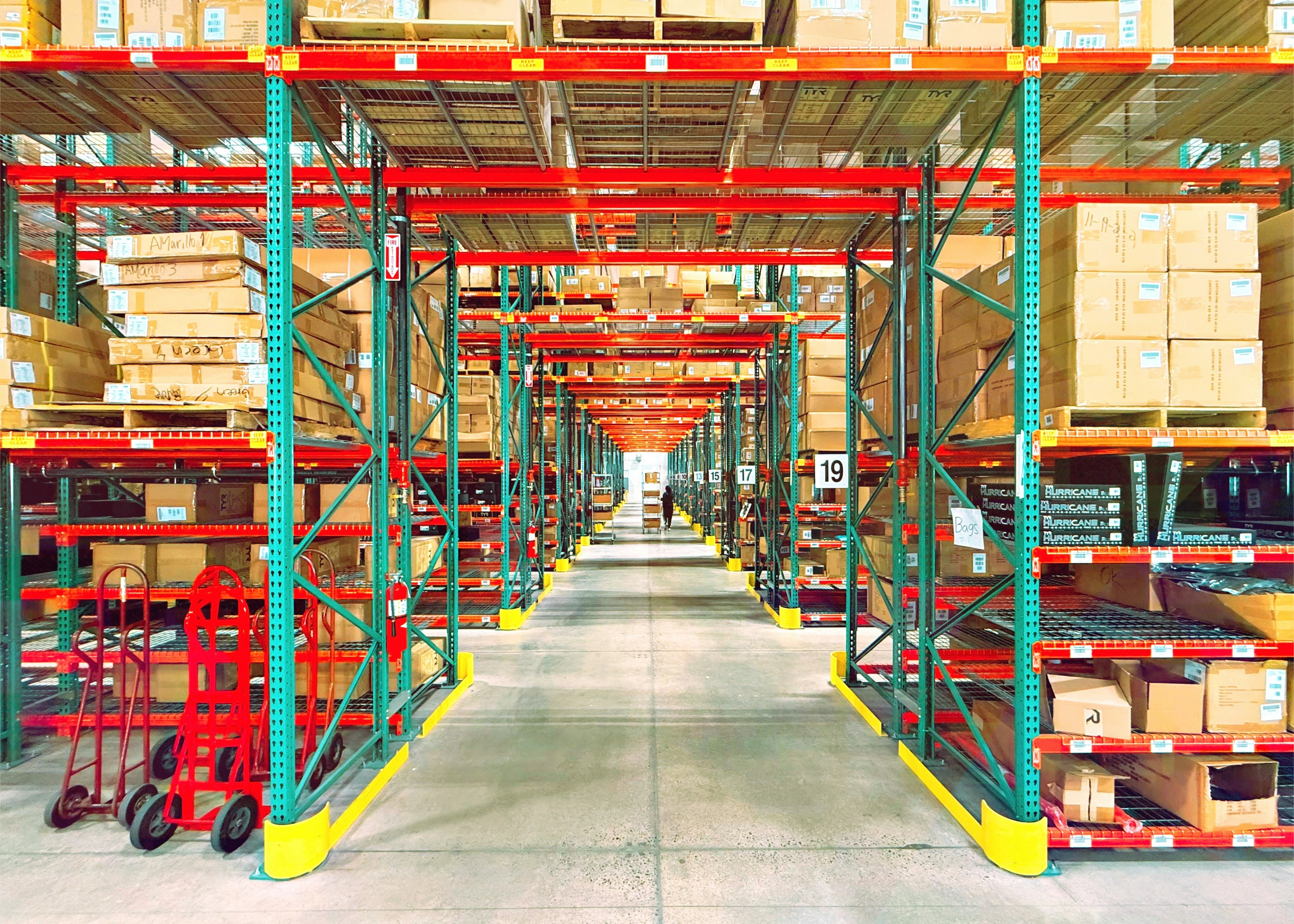This diagram shows different options for IT infrastructure models. Let’s go over what SaaS, PaaS, and IaaS mean below.
IaaS (Infrastructure-as-a-Service) means that the data center provides you with server hardware, disk storage, and multigigabit network connectivity to the internet backbone. You install the operating system for the server and the store software yourself. Next, you follow the updates to be sure it all works as it should.
IaaS looks very complicated, but it’s not so bad. To ensure that customers have minimal problems, the hosting provider can help you and do this work for you for an additional fee. The provider’s staff can even maintain your server, and this is called a managed service. A managed service, usually paid per hour, is quite expensive.
The advantage of IaaS is that you can choose the server performance, the operating system, and the ecommerce software for the online store from the market – you can even reinstall it every day if you wish to try various ecommerce software solutions.
In the PaaS (Platform-as-a-Service) model, you are provided with server hardware and preinstalled operating systems of your choice, with tools for creating, testing, and launching applications. PaaS is more suitable for companies that want to change the code of the ecommerce software – for example, add some new features not available “out of the box.” We should stress that PaaS is not for newbies; it is for companies with strong IT teams and experience in ecommerce software customization.
SaaS (Software-as-a-Service) is a cloud model in which the vendor takes over all the tasks of deploying and maintaining applications required for running an ecommerce platform. This includes cloud hosting of servers, operating system installation, virtualization, and backup tools, middleware, and the online store app. This is a huge convenience for small and medium-sized businesses that want to go to market faster with their products and services and can afford the ecommerce software from the vendor as-is.
Although SaaS is very popular, you sometimes have a conflict between the perfect usability and the inability to change the platform's code for more advanced functionality and customize it for your business processes





























